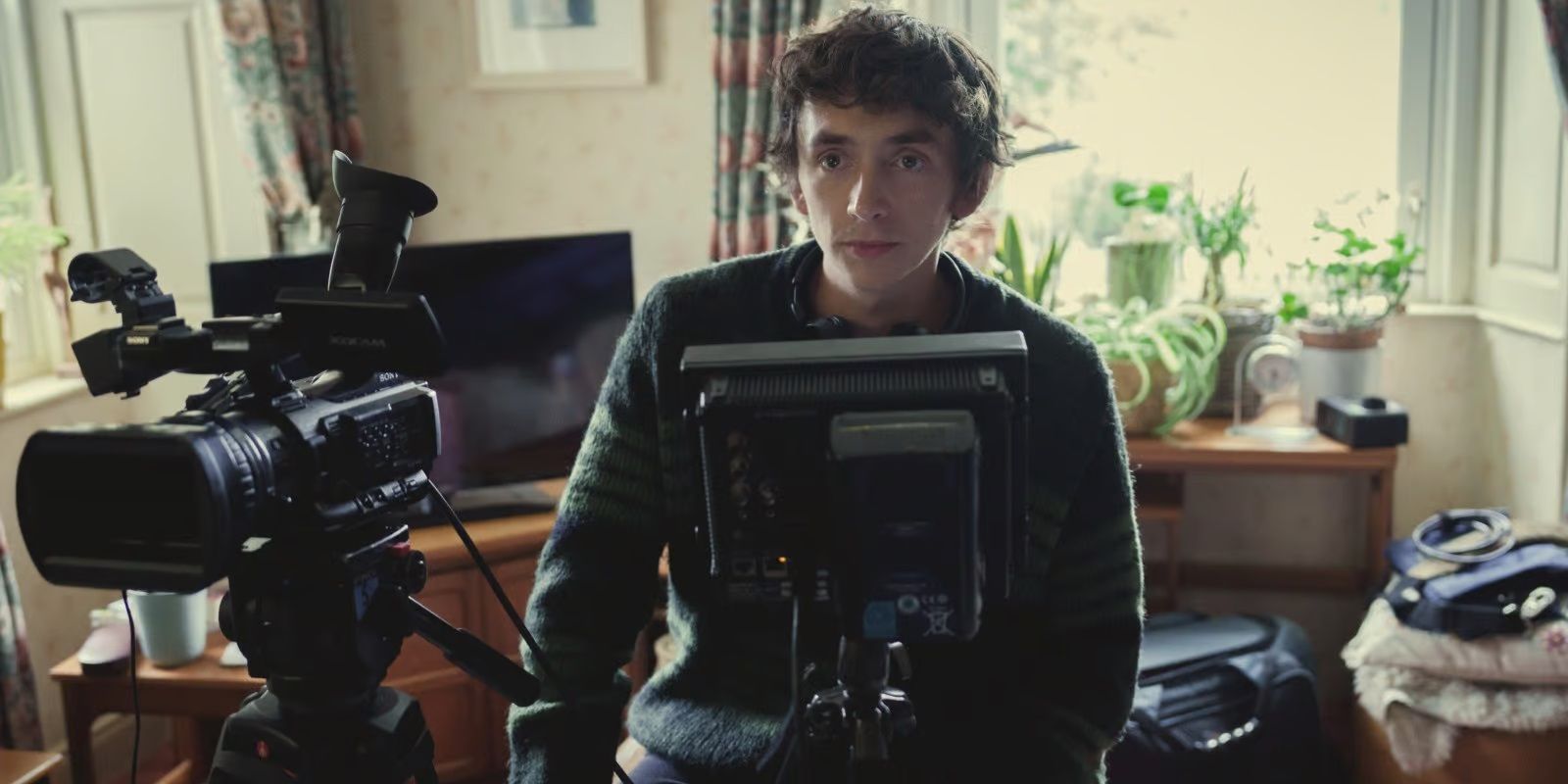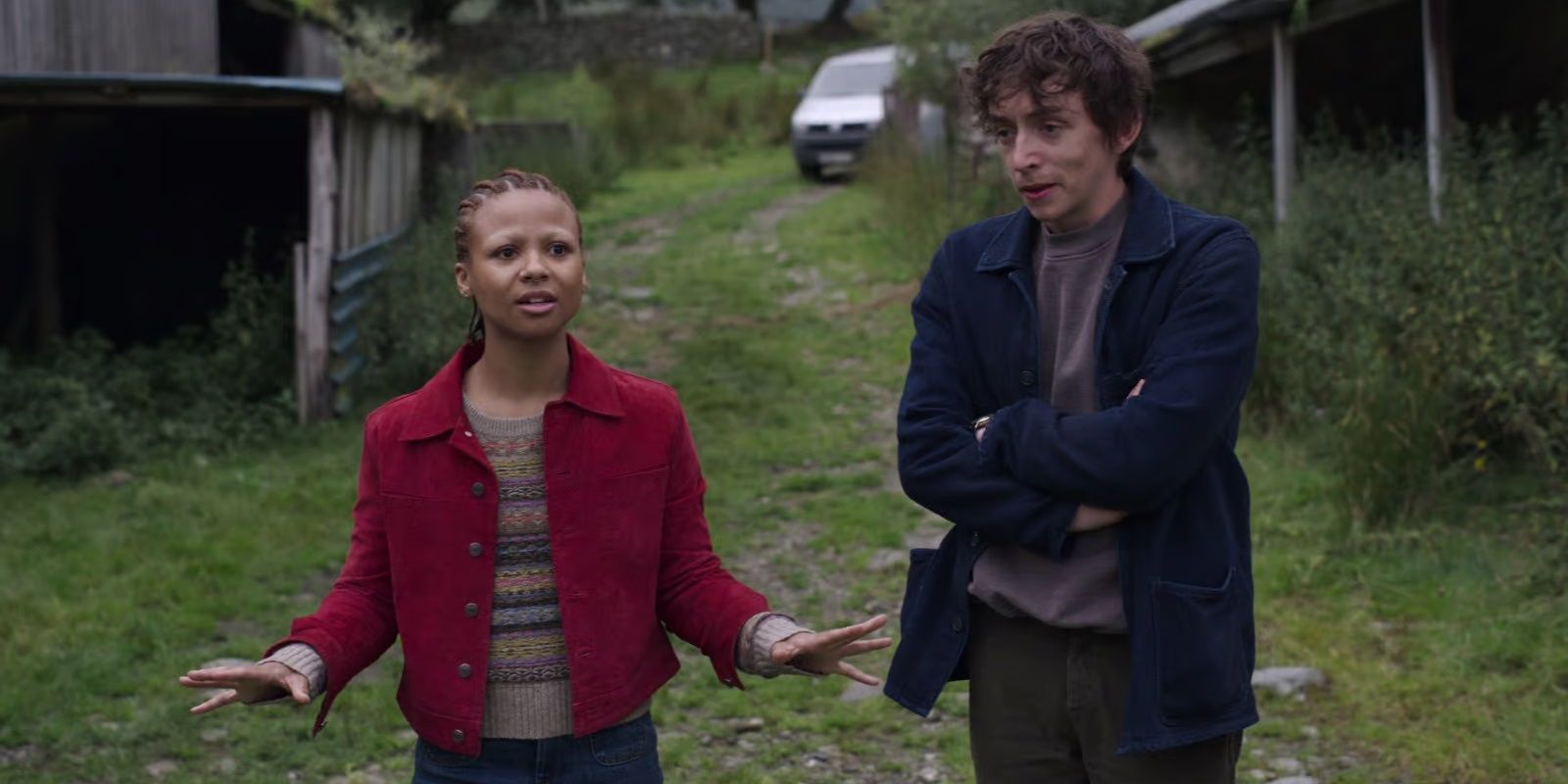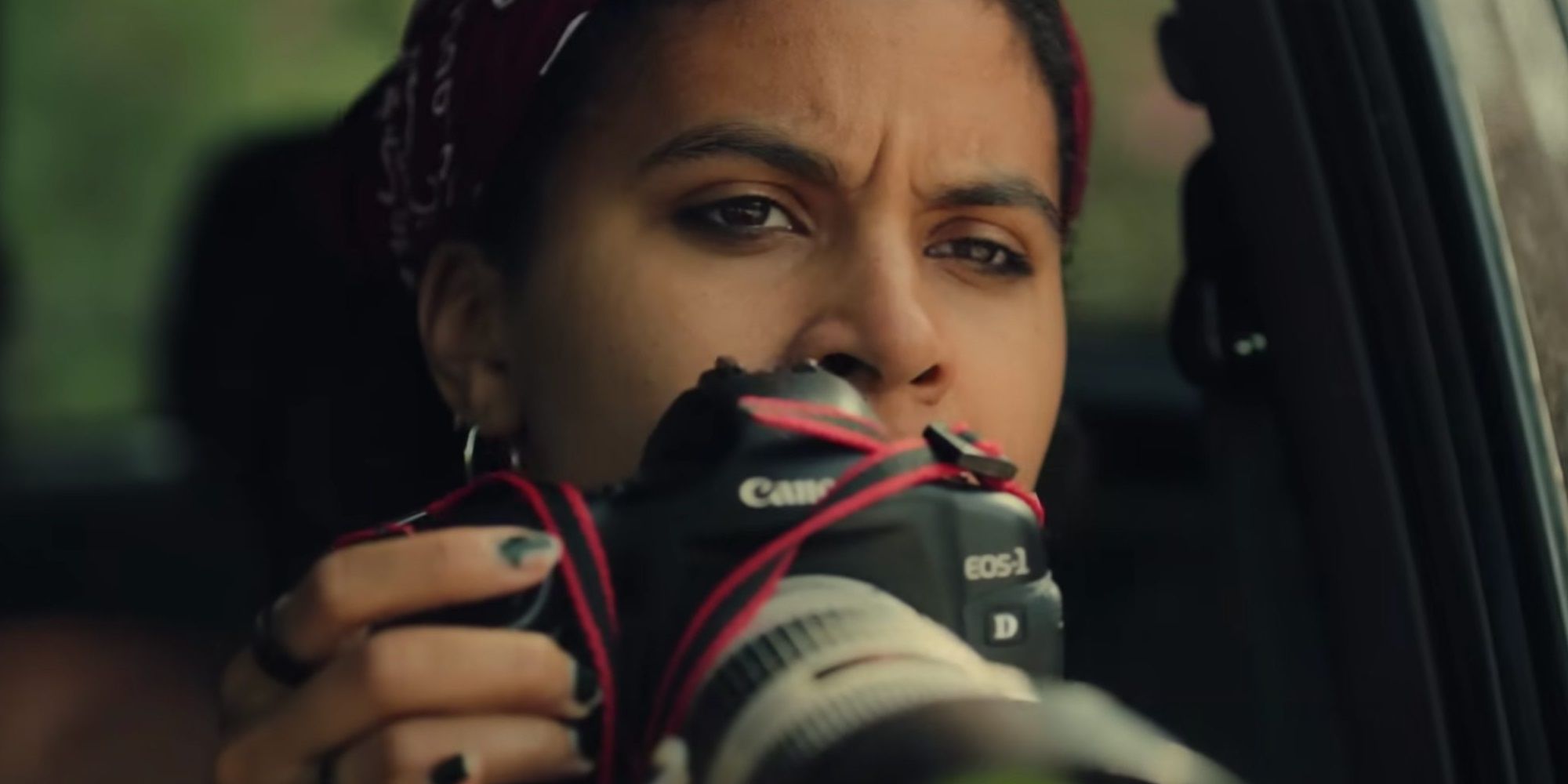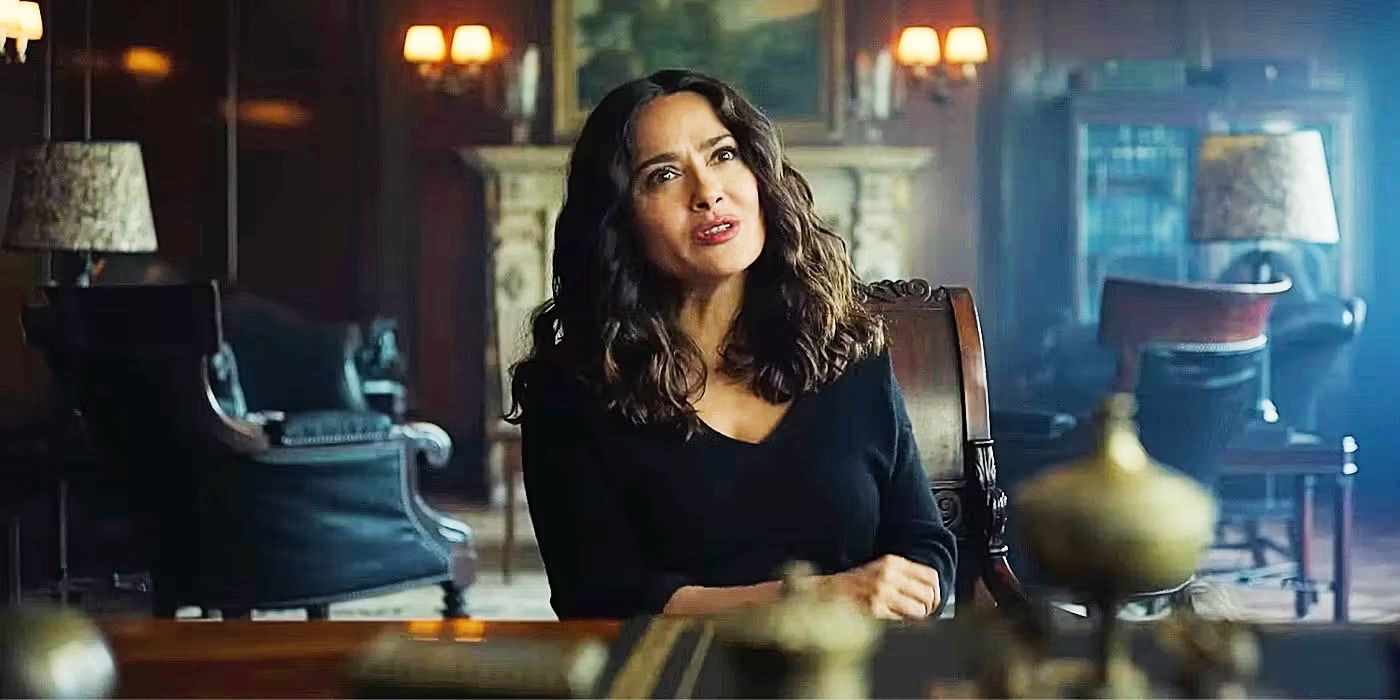
Unleashing the Dark Consequences of Technology: Black Mirror's 'Loch Henry' Episode Breakdown

Black Mirror's 'Loch Henry' is a hauntingly captivating thriller that delves into the disturbing obsession with true crime With no need for gimmicks, this episode delivers a chillingly great story that will leave you on the edge of your seat
Black Mirror season 6's second episode "Loch Henry" is a captivating thriller that follows a film student and his girlfriend as they venture into the Scottish countryside to make a movie about a notorious murder case. As they delve deeper into the investigation, they uncover startling information that shakes them to their core, turning what was once a fun project into a chilling and unforgettable experience. Warning: spoilers ahead.
The latest episode, "Loch Henry," is a captivating thriller filled with unexpected twists and turns. Samuel Blenkin and Myha'la Herrold, both from Bodies Bodies Bodies, deliver outstanding performances as Davis, an aspiring documentarian, and Pia, his free-spirited girlfriend. Blenkin and Herrold effortlessly bring their characters to life, making them lovable and multidimensional. As the couple explores the abandoned murder house, the audience becomes deeply invested in their fate. Daniel Portman, known for his role as Podrick Payne in Game of Thrones, adds a touch of humor to the story as Davis' childhood friend, Stuart. Meanwhile, John Hannah, who recently appeared as Dr. Newman in HBO's The Last of Us, adds an air of mystery to his role as the pub landlord who always suspected there was more to the Loch Henry murders than what the police believed.
In contrast to the previous episode, "Joan is Awful," which lampooned the oversaturated streaming market, "Loch Henry" takes on the obsession with true-crime documentaries and the toll it takes on those involved. The show explores the psychological impact of sensationalizing criminals and exploiting real murders for entertainment. While audiences enjoy true-crime documentaries from the safety of their screens, the people behind the true stories are left traumatized by the events. The filmmakers are both spectators and participants as they dig up evidence and explore crime scenes. As the filmmakers of "Loch Henry" make shocking discoveries, they find themselves drawn further into the case, blurring the line between observer and participant.
The Spectacle Of Murder
Davis initially planned to create a documentary about a man who collects rare eggs, but Pia persuades him to focus on the Loch Henry murders instead. Pia argues that a documentary about egg collecting would only appeal to a small group of arthouse critics, whereas the murders would attract a wider audience. This highlights the main theme of the episode - that audiences are more interested in sensationalist murder stories than niche documentaries. Despite the potential harm that these types of documentaries can cause to communities, streaming services like Netflix (or Streamberry in the Black Mirror universe) continue to produce them.
The episode gradually builds to a shocking twist that is both unpredictable and inevitable at the same time. Although the clues are present throughout the episode, it is only when Pia watches a Bergerac tape past the end credits that she discovers the disturbing snuff film hidden within. Monica Dolan's outstanding performance as Janet, Davis' mother, is particularly noteworthy. She successfully convinces the audience that Janet is a kind-hearted, helpful person, while simultaneously portraying her sadistic and psychopathic side that she hides behind a friendly facade.
Black Mirror Doesn’t Need A Gimmicky Hook – Just A Great Story
Charlie Brooker, the creator of the series, displays a steady hand in exploring the themes of the episode. With his extensive experience in the TV industry, Brooker writes about the business of television with real authority. The off-hand remark made by Davis about winning an award is paid off spectacularly at the end of the episode when he wins a BAFTA Award for the documentary that destroyed his life. The final scene highlights the emptiness of winning an award for a true-crime documentary in comparison to the trauma created by the events depicted in the doc. Director Sam Miller keeps viewers on the edge of their seats with palpable tension, and the cast of lovable characters willfully throwing themselves into dangerous situations makes for a great story that would still be captivating without the social commentary. "Loch Henry" is a testament to the fact that Black Mirror doesn't need futuristic worldbuilding or a gimmicky hook to captivate audiences - it just needs a well-crafted story.















